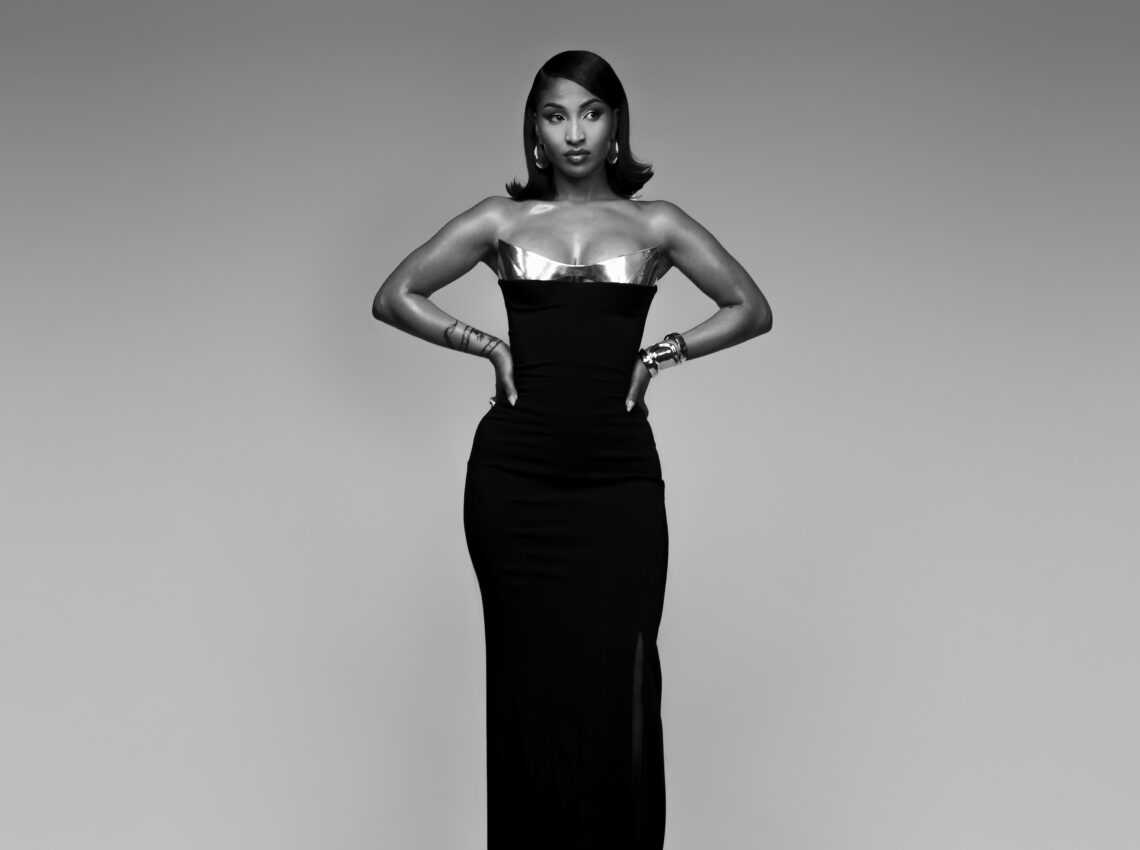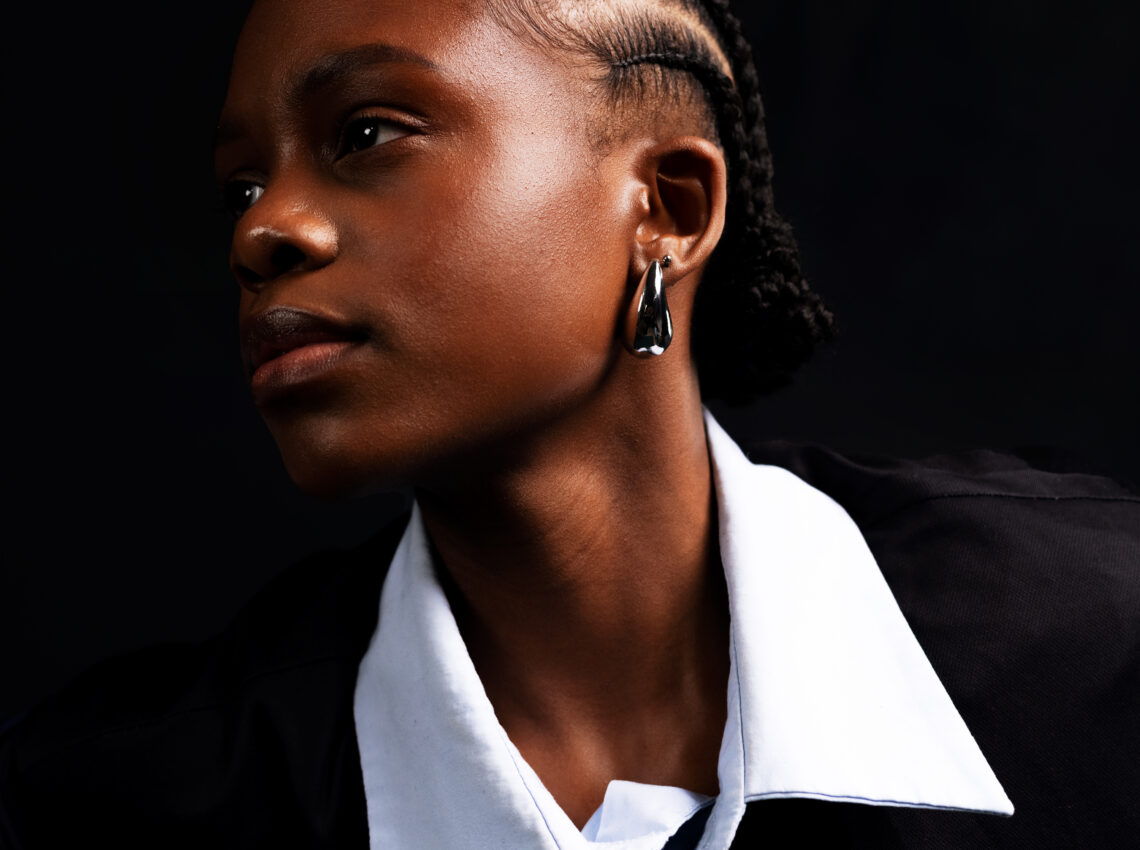TOMORROWLAND 2024: IMMERSION THERAPY AND FINDING YOUR EDM TRIBE
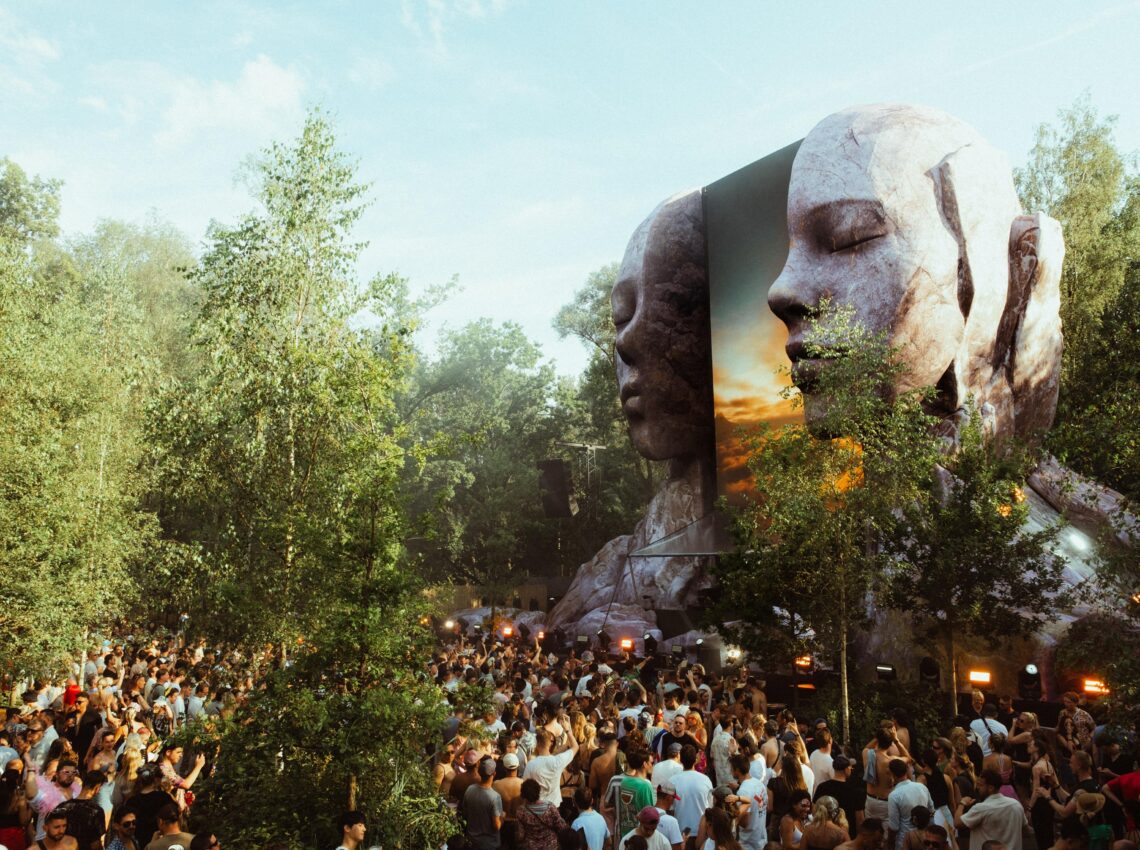
Imagine you have always wanted to start skateboarding, in fact, you regularly consume skate culture from an outsider’s perspective via social media, fashion and the people you meet. Yet, every time you head down to your local skatepark, board in hand, you hold yourself back. Whether it’s a fear of falling, embarrassment, imposter syndrome or all of the above you can’t bring yourself to get going. What you need is immersion therapy. You literally need to ‘drop’ yourself in, and realise that the most fun part about having a hobby or interest is getting to actually do it. That’s what I had to remind myself of when I headed to Tomorrowland, the world’s biggest EDM festival, as someone who had neither been to a festival before nor experienced EDM or any of its subgenres outside of my community bubble.
Both nervous and excited, I headed to Antwerp in July for Weekend 1 of Tomorrowland, what I would later find out was for many, the experience of a lifetime. I’m not someone who has previously participated in festival culture, nor am I somebody who has ever really said out loud that I enjoy EDM as a whole. But I have always wanted to experience a festival, and I am a shameless lover of dance-pop, amapiano, melodic jungle and house music – all subgenres of EDM and electronic music styles. So while sceptical, I hoped that I would still be able to enjoy the more mainstream aspects of being at Tomorrowland. Truth be told, I was less worried about the music itself and more worried about feeling comfortable in a space where as a Black woman I would be part of an acute minority.
Electronic Dance Music can trace its roots back to the late 60s and 70s but has taken elements of various pre-existing music genres which were popular at the time in both niche and mainstream capacities. In the late 60s, electronic rock bands such as Silver Apples created music meant for dancing although it received poor reception. Around the same time, pioneers of Jamaican dub music like Lee Perry and King Tubby were remixing reggae tracks and emphasised rhythm and sonic texture despite limited electronic equipment being available. A few years later, hip hop DJs in New York created the break beat and in the world of disco music production, the use of synthesisers and drum machines became more popular. By the late 70s, synth-pop was born.
In the 21st century, the different cultural movements that came about as a result of these musical developments have been compounded into what we know today as EDM, although regionally, different communities refer specifically to the EDM genres that are most relevant to them. In the Netherlands there’s gabber and hardstyle, in South Africa there is gqom and amapiano, and in Germany there’s trance and krautrock – all genres that I got to experience at Tomorrowland.
Attempting to properly convey the ethereal and fantastical world of Tomorrowland in words feels like a futile activity. Being there is like taking the imagery from all your favourite fantasy novels and combining them into one – pair that with being surrounded by music that has the ability to make you feel as though you’re being transported through space and time, and that’s Tomorrowland.
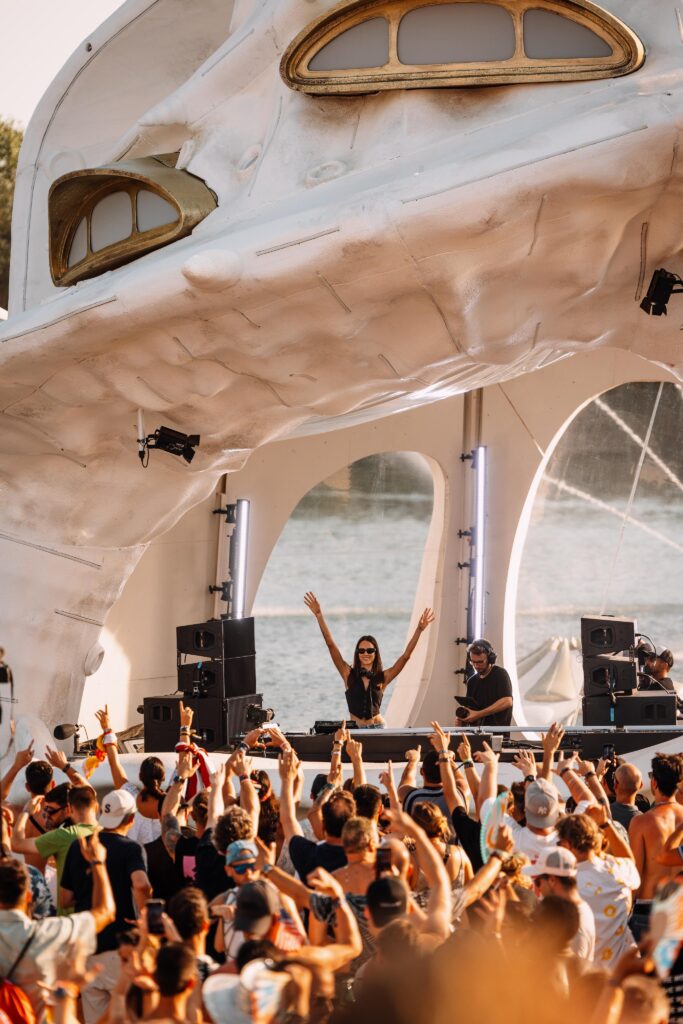
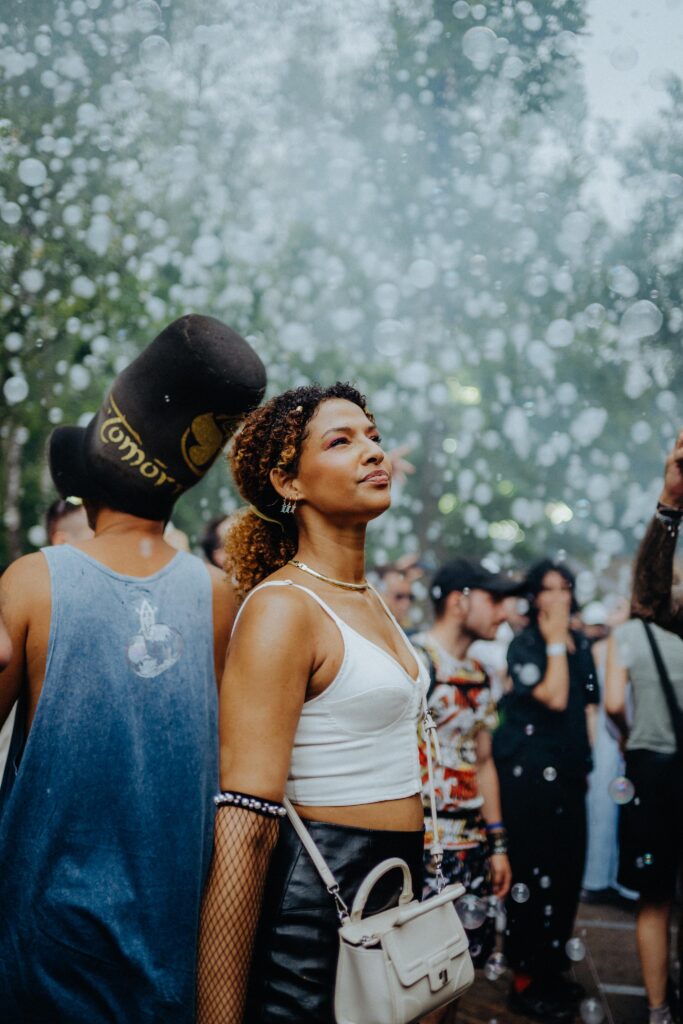
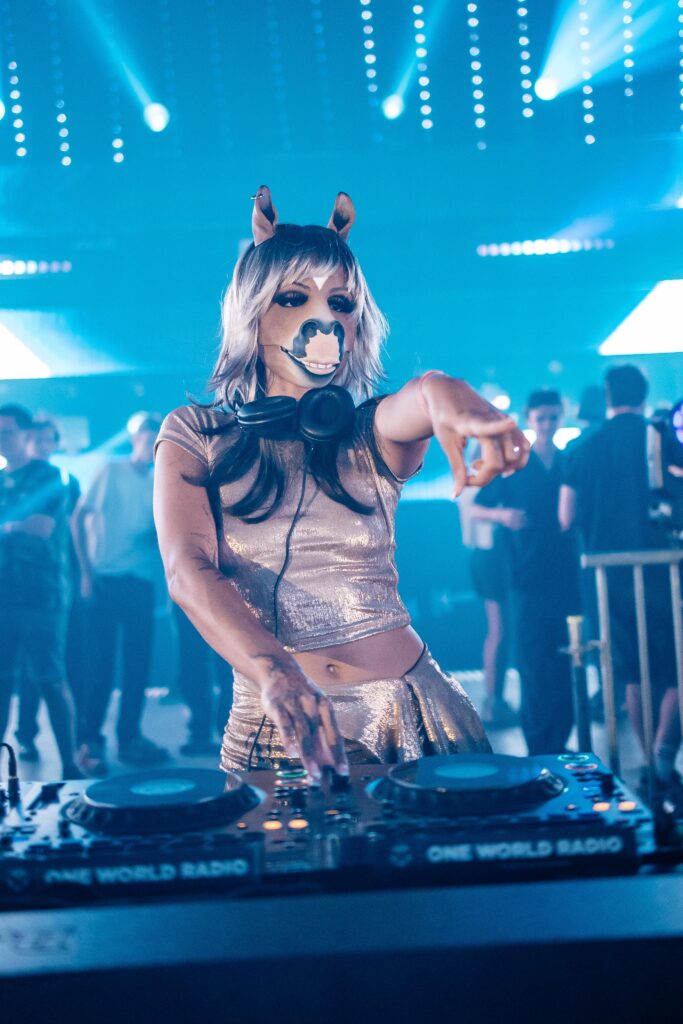
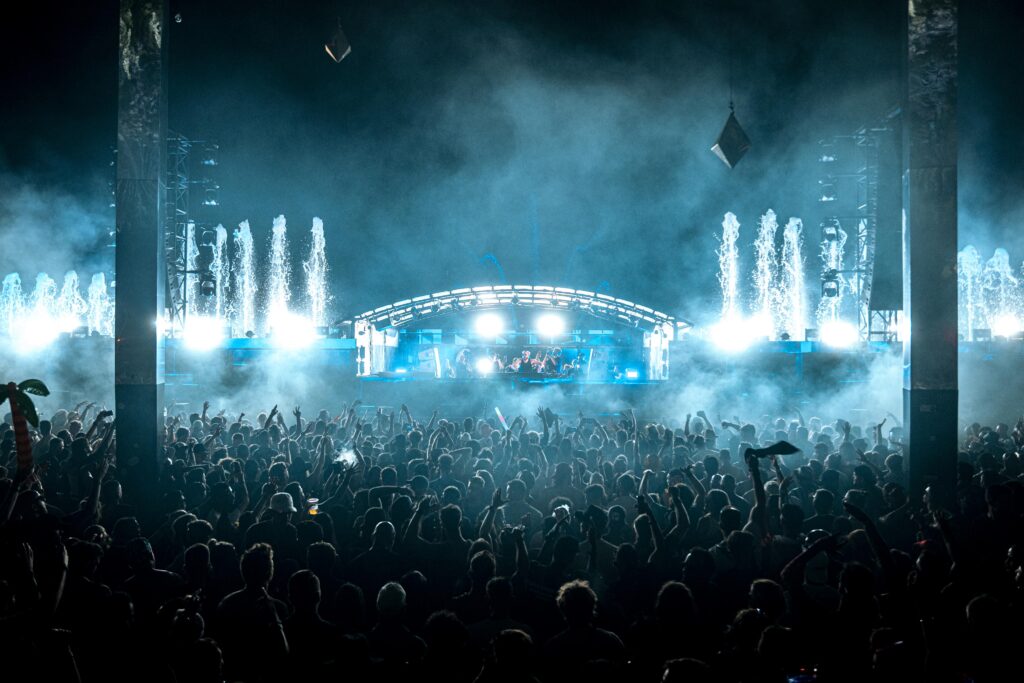
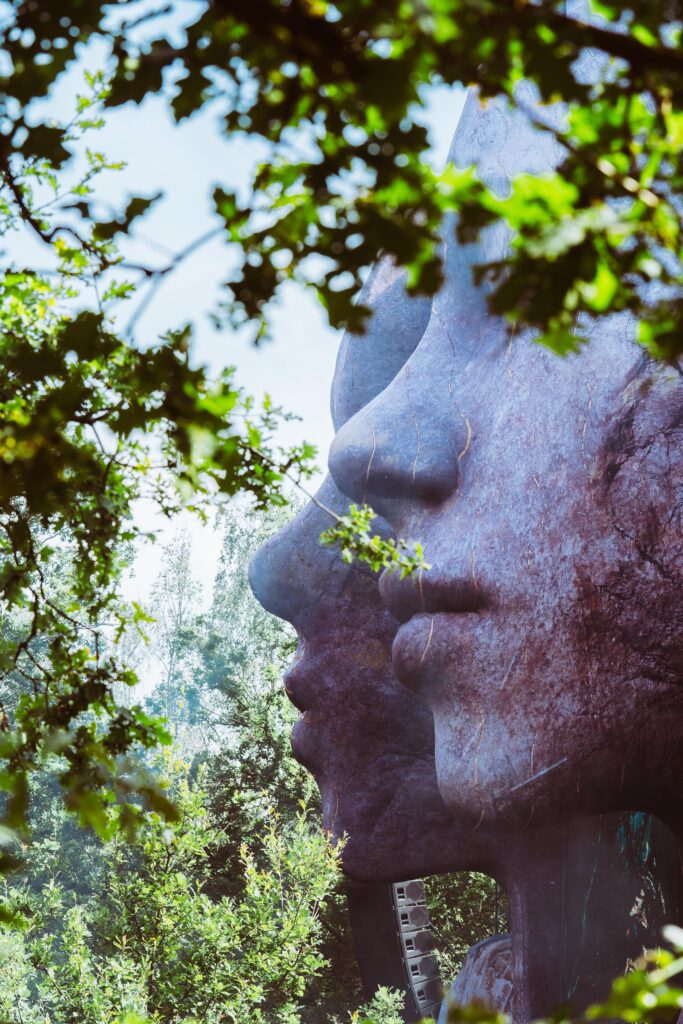
Each stage and section would engulf and overwhelm me, as if my mind was removed from my body, and I was invited to find myself somewhere in the crowd. Needless to say, for a first-timer it was a lot to take in at once, although my experience was largely positive and I was shocked at how diverse the crowd turned out to be. People came from all over the world for this weekend, I even met a lovely woman who told me that she came with friends from Kenya and it was also her first time. Prior to attending the festival I was also taken aback by the diversity of DJs and musicians on the lineup, some of whom were of African, Asian and MENA descent. In fact, this year Tomorrowland celebrates its 20 year anniversary and offered their most diverse lineup yet.
That is thanks to their D&I committee which was instated last year with their partner of 6 years, Absolut Vodka. This year’s mission was to recognise the needs of underrepresented groups in the music festival landscape and combat loneliness by facilitating opportunities for creating connections and cross-cultural exchange. I got to chat with Maxime Henain the head of culture and brand partnerships at the Absolut Group about what work has gone into making this year’s Tomorrowland Festival turn out how it did.
“There’s a way we could have done this, which is just say ‘hey, this is our vodka’, put the logo there and that’s it. I think a lot of brands do that – it would work commercially, but that’s not what we want. Of course it’s important but I think at the end of the day, it’s how you drive positive change”, Maxime candidly shares with me. “While we’re the official vodka brand of Tomorrowland, we’re also focusing on tackling loneliness this year”.
Aside from the heightened experience of attending Tomorrowland and staying at Dreamville (the festival’s camping ground for those who really get stuck into the festival culture), some of the measures taken to foster human connection included the live podcast recordings hosted by Tomorrowland artists centred around mental health and daily ‘speed dating’ events. “We have a space in Dreamville, where you can have cross-cultural ‘speed dating’. You can go there and meet people – because everyone has come from literally everywhere. You could be from Colombia and meet someone from Vietnam there, have a chat and connect. It’s just about talking to people”, says Maxime.
As a first-timer something I really appreciated was the presence of DJs of African descent. I had never expected to be hearing afro-house, amapiano and gqom at Tomorrowland but there I was at the front of the crowd cheering on DJs like DBN Gogo, AMÉMÉ and DESIREE. It was extremely comforting and the interactions that I got to have with other festival-goers as a result are moments that I will never forget. Chatting with Maxime, I was pleasantly surprised to learn that Absolut actually played a role in picking this year’s lineup.
“Last year we worked on a reverse lineup where we looked at the lineup in this festival but also other festivals and we found that we over-index white males dramatically. But, that doesn’t represent the consumer or our brand. It doesn’t even represent what wants Tomorrowland to do, so we looked at how that could change”, Maxime tells me. “We worked together selecting DJs with other backgrounds and other stories to tell. By choosing them, and getting to shine a light on their story, sharing who they are and giving them that stage, we’re trying to push more diversity in the festival space which for us is crucial”.
As part of the minority at Tomorrowland, I can confidently say that the diversity on the lineup pretty much made my experience. Feeling represented both in my taste in music and seeing DJs of similar backgrounds making it to a stage as big as those at a festival like Tomorrowland which is attended by 400,000 people each year was both inspiring and refreshing.
Part of why I have never really engaged fully with festival culture is because of how exhausting it can often be being a minority and not feeling represented in those spaces apart from a few massive names in the space, so it was reassuring to hear that Tomorrowland positions itself as a festival that should be driving change in the industry. “Something that we didn’t necessarily see at first was the cultural weight of Tomorrowland within the festival scene. Whatever Tomorrowland does, other festivals see, so we are very intentional because we know that others will notice that we’re doing more on diversity. It will force people to look at themselves and I’m not saying that they’re not doing the work, but it drives conversations. We all know that the consumers care and we need to keep that pressure on ourselves a little bit”, says Maxime.
Both my experience at the festival and my chat with Maxime have caused me to look internally as well. I have been introduced to what is essentially a new world for me, yet I was able to find my people there. The apprehension that I once felt towards putting myself in spaces like that started to morph into a recognition that I had not only not done enough to explore those spaces unprompted, but I have not been there to support my people when the opportunity had arisen. Moments that are created when DJs like DBN Gogo take up space in these scenes are not only important to the culture but should be documented and referenced in future conversations.
I can’t promise that next year you’ll see me at every festival in Europe or even that I will have saved up enough to attend Tomorrowland again but I know that I’ll be more open to it and I hope that I see more people like me in those spaces.
Written by Kemi Iruwa
Discover more from our Music section here !




![ZINO VINCI’S ‘FILTHY & DISGUSTING’EP BRINGS YOU TO THE CORE OF THE ARTIST [@ZinoVinci]](https://guap.co/wp-content/uploads/2023/10/Zino-4.jpg)

